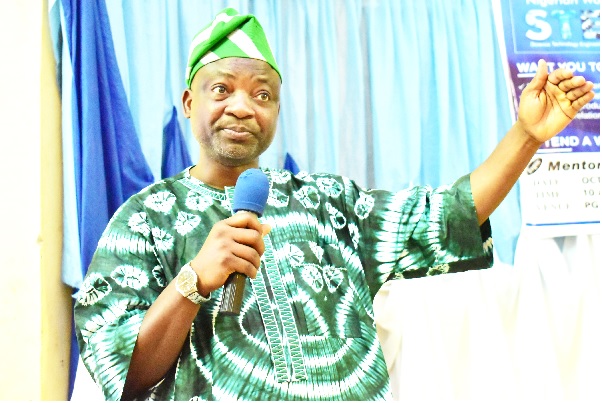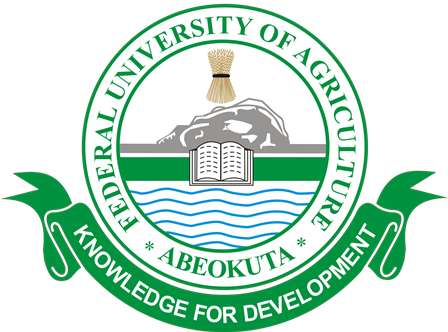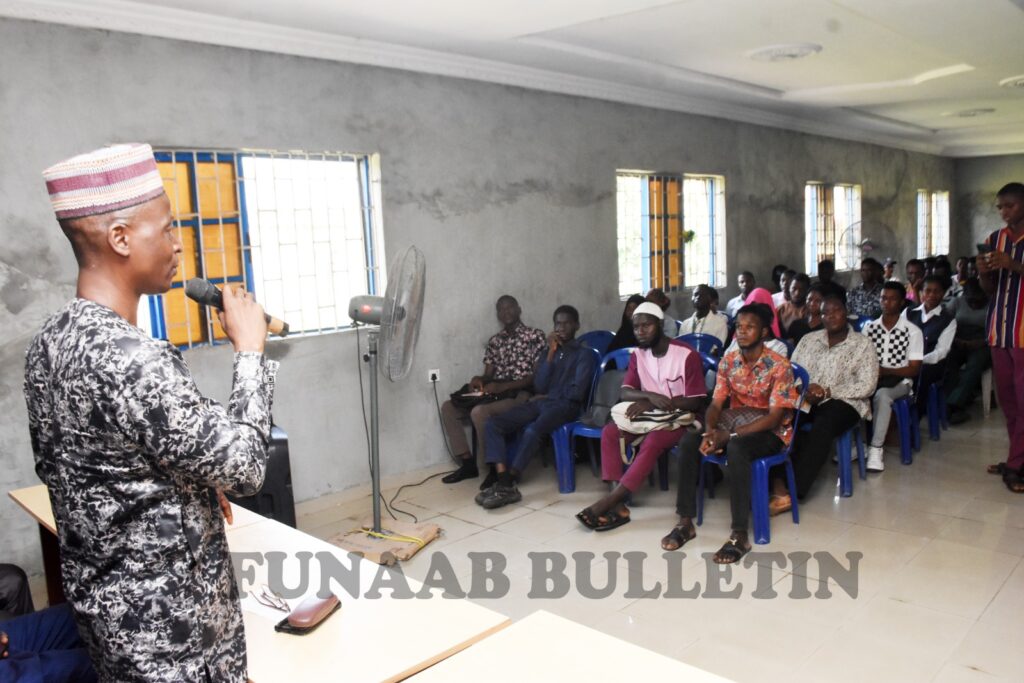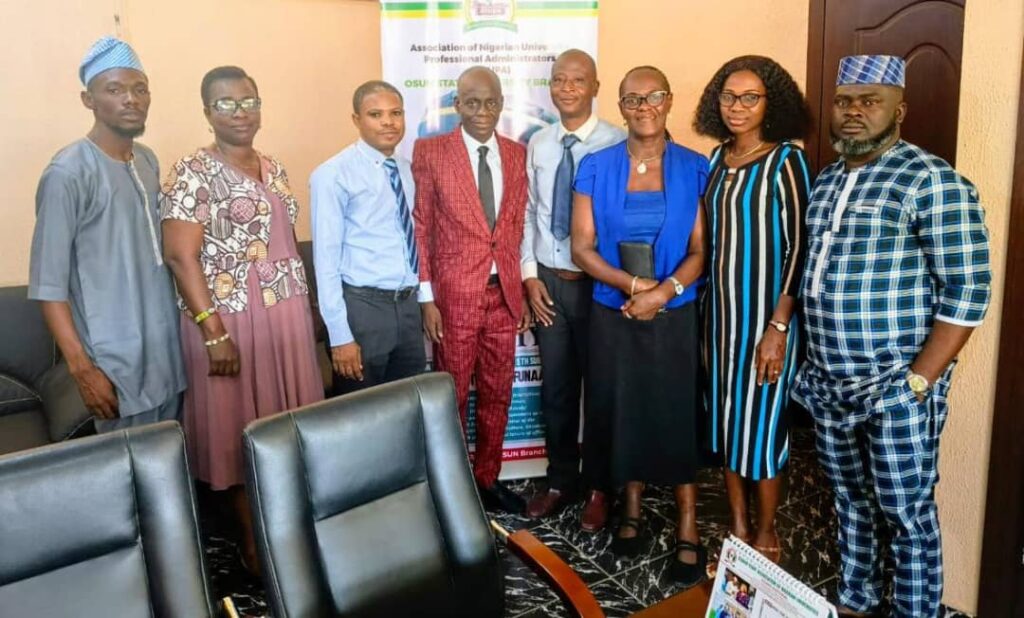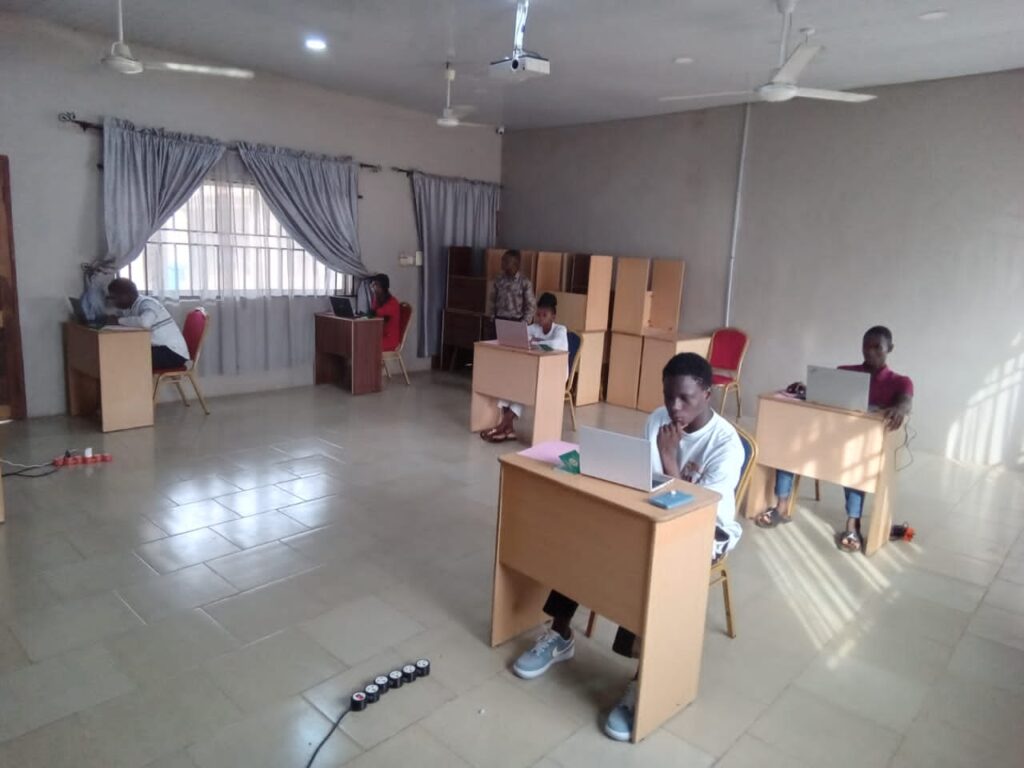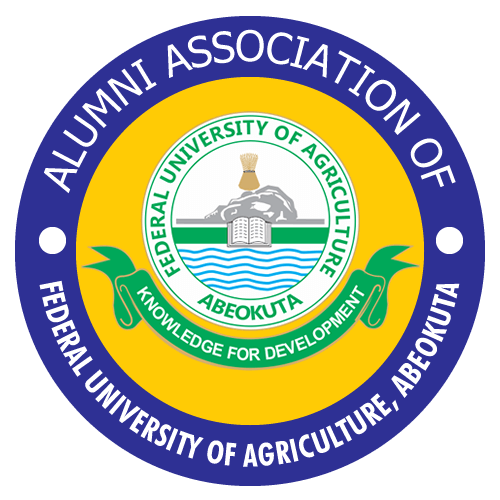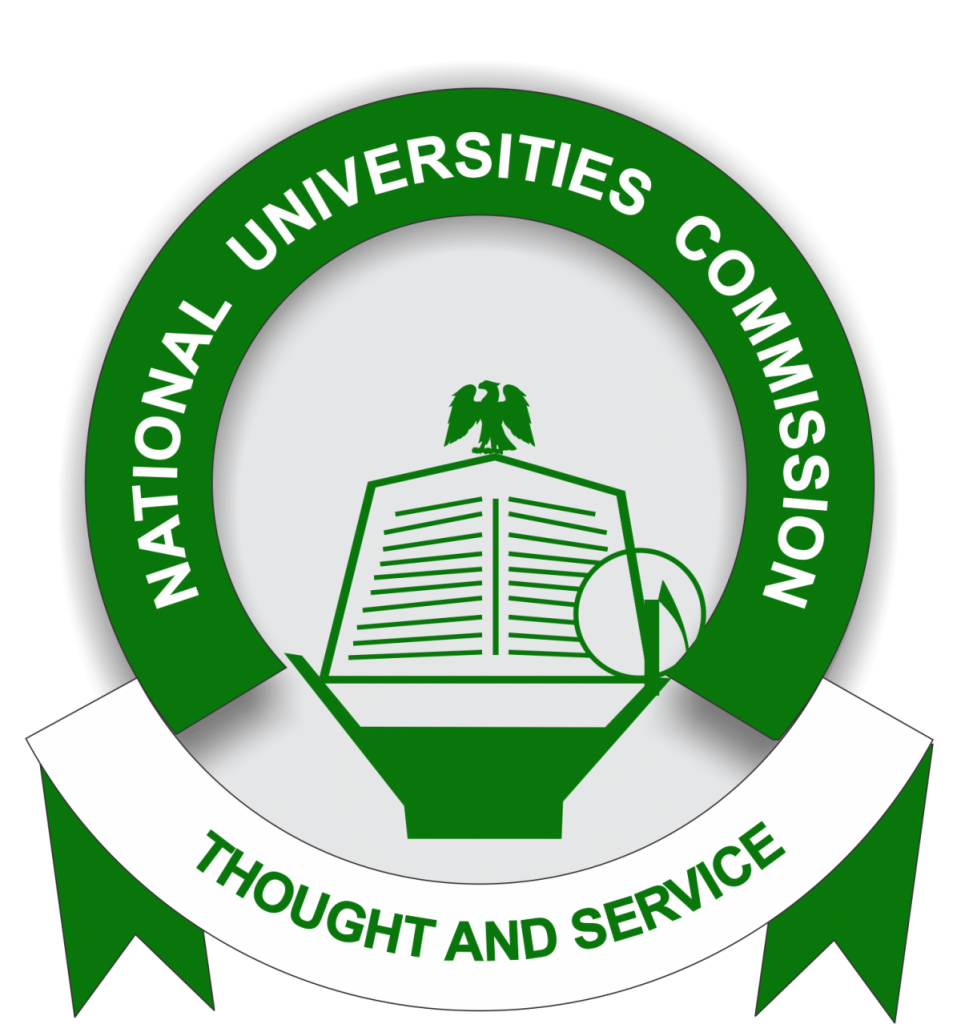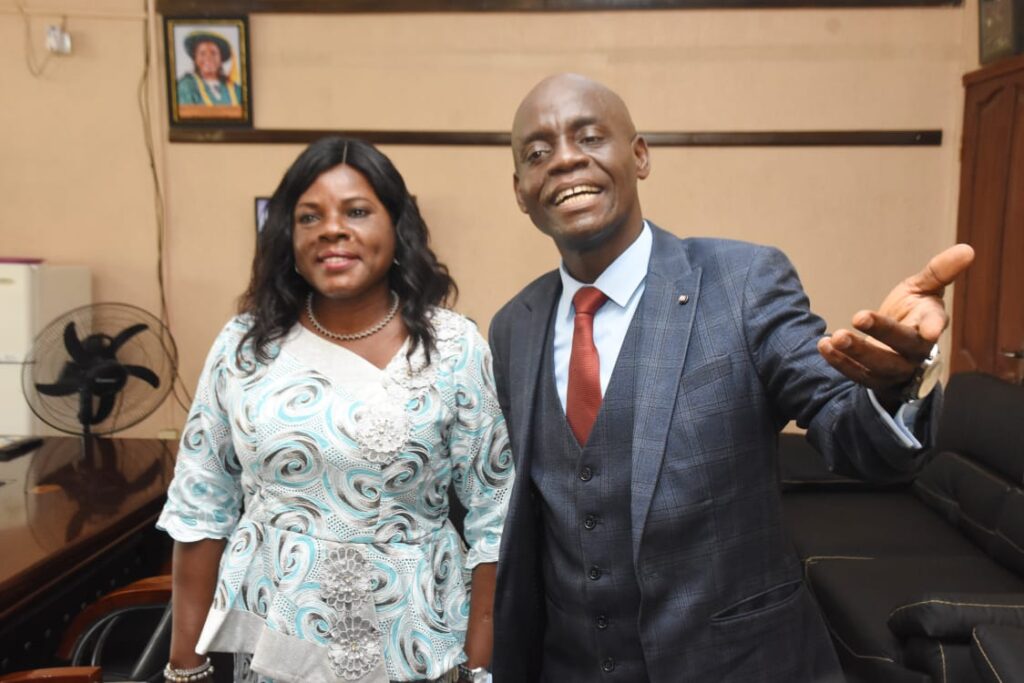The Nigerian Women in Science Technology Engineering and Mathematics (STEM) has held its mentoring workshop on building a new generation in STEM. The workshop, which was powered by the Schlumberger Foundation, Faculty for the Future Fellows (FFTF) Nigeria and FUNAAB, was aimed at helping Nigerian women reach their career goals, attain career satisfaction and enjoy more productive and rewarding mentoring relationships. The Vice-Chancellor, Prof. Felix Salako stated that FFTF were recipients of the scholarship awarded by the Schlumberger Foundation, which is aimed at breaking the economic barrier that could prevent outstanding women scientists from pursuing their educational goals. Among the women identified by the Vice-Chancellor as fellows of FFTF from FUNAAB are Dr. Mopelola Idowu, Dr. Caroline Akinremi, Engr. (Dr.) Funmilayo Alayaki, and Dr. Olubukola Adenubi.
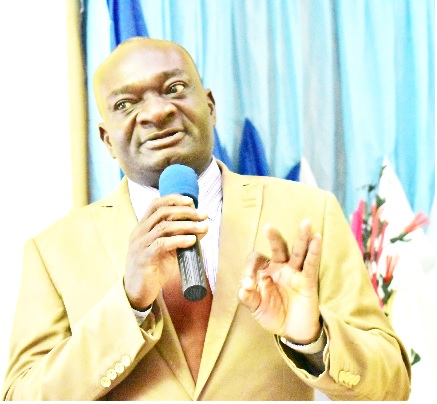
The Vice-Chancellor emphasised that there was gender gap in STEM in Nigeria that needed to be bridged. According to him, “A very few women especially, the younger ones find it hard to embrace a career in STEM. Most female leaders stop at the B.Sc level, while some move on to postgraduate, and very few grow to have a career in STEM. Therefore, there is a need for workshops like this to bridge the gender gap”. He also identified proper mentoring as a means of bridging the gender gap, for women to be more prominent and active.
Giving a brief introduction on FFTF, Dr. Caroline Akinremi stated that the faculty was established in 2004. She further said that the Schlumberger Foundation was developed with the aim of providing funds for women to advance their Ph.D and Post-Doctoral studies in STEM fields at the best universities and faculties overseas, and to address the gender gap in STEM disciplines while selecting the most talented female scientists, who are not ready to give up even in the face of adversaries. Delivering his keynote speech on “Who is a Mentor?”, the Deputy Vice-Chancellor (Development), Prof. Lateef Sanni described a mentor as a torchlight. He also described mentoring as a relationship between two people with a set goals to achieve something with a supportive relationship.
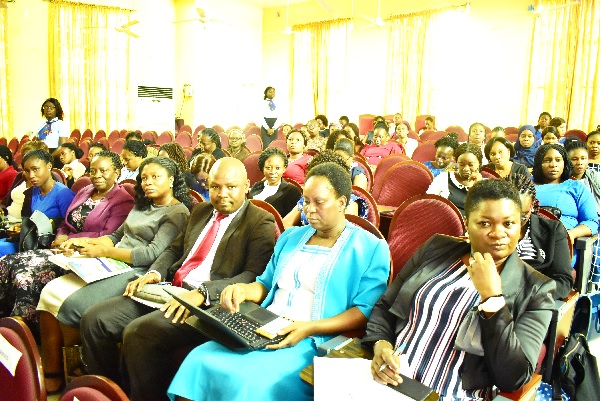
While identifying the tips for finding great career mentor, Prof. Sanni encouraged participants to think outside the box and avoid short cuts because they are temporary. He further stated that through mentoring, it would make mentees to be more technically-competent, confident, visible and better networked while mentees should ensure that their mentors are assertive and well-organised with good reputation and integrity. He spoke on the FUNAAB Mentoring Programme, which he said, was launched in May 2019 with the support of the Africa Women in Agriculture Research and Development (AWARD) and comprises 24 mentoring pairs and two institutional mentoring coordinators.
Corroborating him, a don in the Department of Food Science and Technology, College of Food Science and Human Ecology (COLFHEC), Prof. Folake Henshaw addressed the participants on “Cultivating a Successful Mentor-Mentee Relationship for STEM WOMEN”, where she stressed the need for mentor-mentee to establish a two-way communication and not unidirectional one towards achieving a set of goals. While identifying the phases of mentoring, Prof. Henshaw said the goal of the mentor is to guide the mentee to a place of self-development, stating that the mentor must monitor the mentee’s progress and guard against pitfalls.
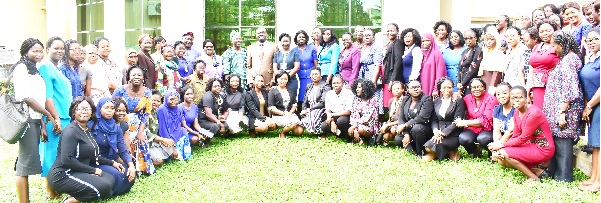
She added that the mentee should be a ready learner and willing to commit to mentoring schedules. She advised mentees to have “SMART” goals that are specific, measurable, achievable, realistic, and time-bound. Also present at the event was the Deputy Vice-Chancellor (Academic), Prof. Morenike Dipeolu, who advised participants to be focused; the University Librarian, Dr. Fehintola Onifade and other representatives from universities and organisations across Nigeria.

